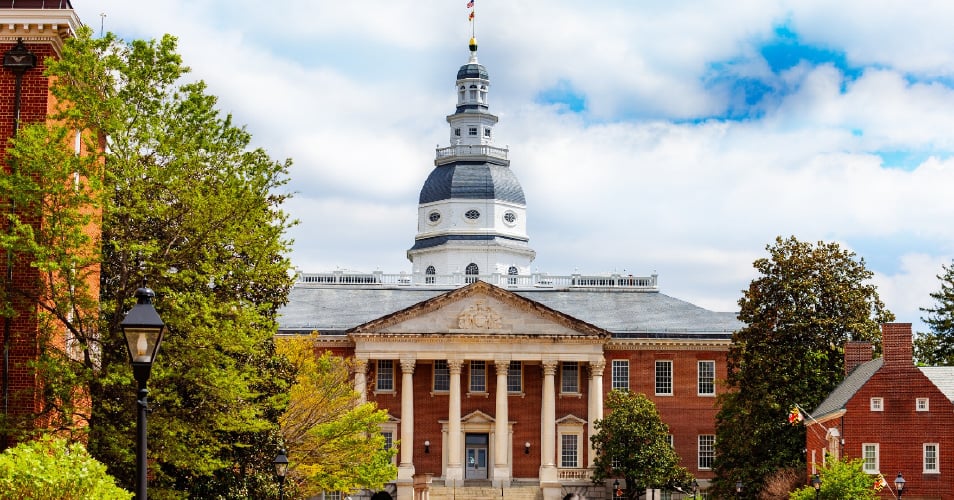This op-ed originally appeared in OtherWords
The new tax law President Trump and congressional Republicans passed this summer drastically reduces taxes on the wealthiest, slashes essential spending, and adds over $4 trillion to the deficit over a decade.
The law weakens health care and food assistance more than any legislation in history. Combined with tax cuts that give a whopping $1 trillion to the richest 1 percent, no law has ever done so much to enrich the wealthy while hurting those of modest income.
What does it mean for your state and community? For starters, states will lose billions in federal funding for health care, food, and other necessities.
Federal funds provided more than one of every three dollars that states spent last year — and much more in places like Mississippi, Indiana, and South Dakota. In Louisiana, federal aid delivers fully half of state spending. But we’re likely to see layoffs of federal employees in every state — and potentially of state and local employees whose paychecks rely on federal dollars, too.
For families, it means less access to the basics.
Hospitals and nonprofits (like food banks) depend on federal funding and will reduce staff at best and shutter at worst. More than 300 rural hospitals face likely elimination. And because of Trump’s health care cuts, more than 50,000 Americans will die early every single year.
In addition to these cuts, Trump has also illegally withheld congressionally authorized funding for health care, Head Start, child care, disease control, disability services, and more, causing crises at organizations nationwide.
Funding is also getting cut for community colleges, four-year universities, financial aid, loans, and first-generation students. This will block access to degrees for working class kids coast-to-coast.
Federal emergency funding, long the bedrock of state response to floods, hurricanes, and other disasters, is also on the chopping block — meaning more devastation, less recovery, and billions in costs shifted to states. Transportation projects will stall too, harming commuters and construction jobs.
All in all, this law will leave our communities sicker, less educated, and less safe.
Only the federal government can raise sufficient funds from those most able to pay and distribute them to poorer states like Alabama, Mississippi, and West Virginia, who have less capacity to raise dollars locally.
But policymakers can fill some of the gap with improved state and local taxation. With Trump and Congress turning their backs on American families, states have to rise to the moment.
States have many options.
They can raise more by bolstering income taxes on the wealthiest— policies that have won recently in Maryland, Massachusetts, New Jersey, and Minnesota. They can also tax income from wealth by improving capital gains income taxation. Washington, Maryland, Minnesota, and New Mexico have passed such reforms recently.
And they can stop corporations from hiding profits in other states, as most states now do, or in other countries, something innovators are increasingly proposing.
Localities have options too: enacting mansion taxes, as cities in California, Connecticut, Illinois, Maryland, New Mexico, and New York have done, and passing local income taxes as thousands of communities in Ohio, Indiana, and 13 other states do. At the very least, local policymakers could rein in costly corporate tax breaks that shortchange schools.
Tax dollars pay for essentials that make America healthy, educated, and safe. If Trump and his allies slash those fundamentals to enrich the richest, we must insist that states and cities get creative in taking care of the rest of us.





